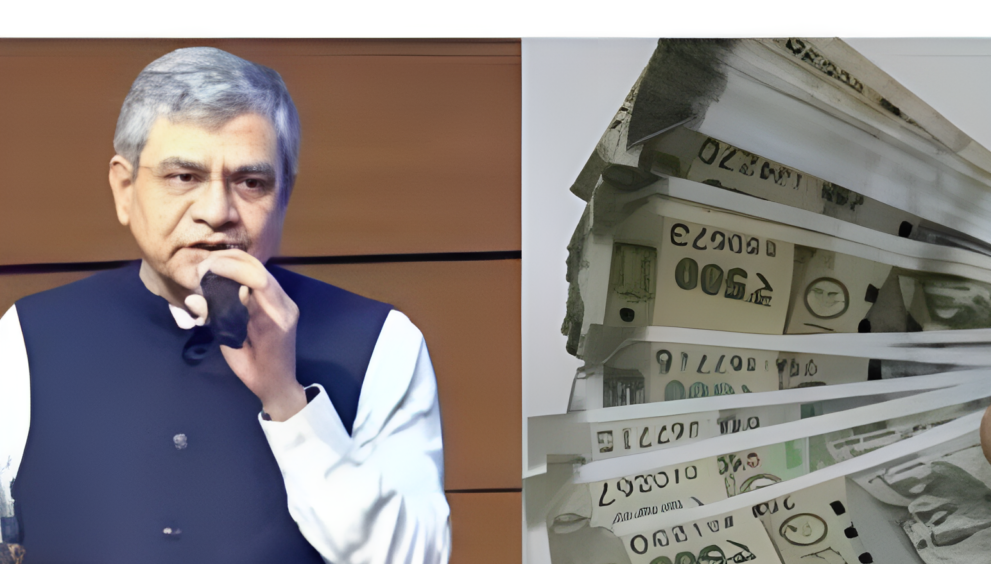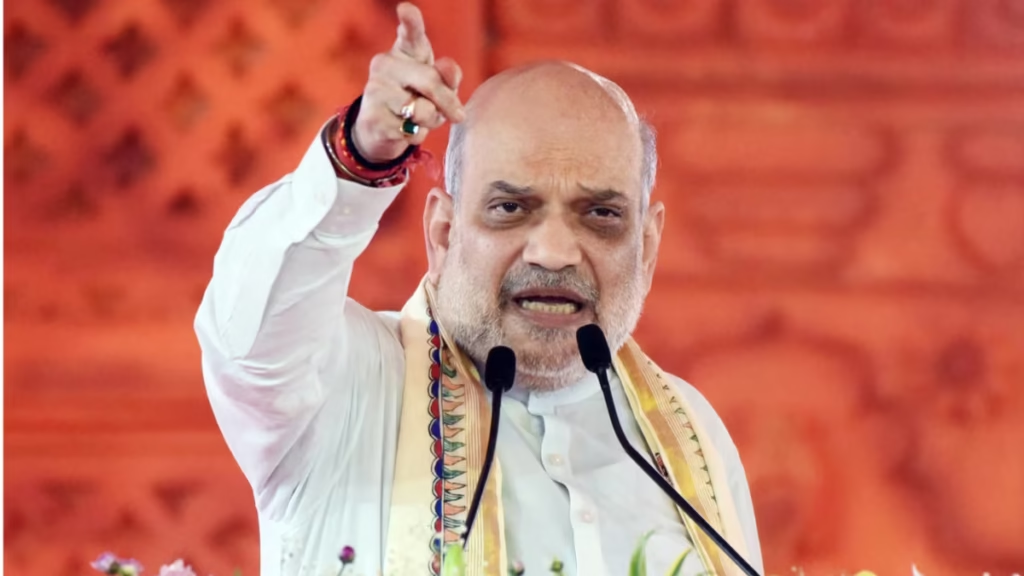8th Pay Commission: Central Employees Set for Massive 40-50% Pay Raise? Experts Share Surprising Views

8th Pay Commission 2025 increase The anticipation around the 8th Pay Commission has been building for months, with millions of central government employees eagerly awaiting any news regarding salary hikes. As rumors circulate about potential pay increases, many are wondering whether the upcoming pay commission will bring a significant 40-50% boost to salaries. In this article, we explore the expected impact of the 8th Pay Commission, what experts are saying, and how it could affect the financial stability of government employees.
8th Pay Commission 2025 increase : What is the 8th Pay Commission?
The Pay Commission is a body established by the Indian government to review the existing salary structure and recommend pay hikes for central government employees. The 7th Pay Commission, which was implemented in 2016, provided a substantial salary boost, but employees are now looking ahead to what changes the 8th Pay Commission will bring. This commission typically looks at inflation rates, cost of living, and the financial health of the government before recommending salary changes.

Expected Salary Increase: 40-50%?
Recent speculation suggests that central government employees may see an increase in salaries ranging from 40-50%. However, experts believe the final pay hike may be somewhat lower but still substantial. According to analysts, the 8th Pay Commission may provide a more moderate increase based on 8th Pay Commission 2025 increase economic conditions. Still, even a 25-30% increase could significantly improve employees’ financial well-being.
What Experts Say About the 8th Pay Commission:
- Economic and Fiscal Constraints:
Some experts argue that while a 40-50% salary boost sounds appealing, it may not be financially viable for the government due to the current fiscal situation. The government needs to balance its fiscal deficit while also considering the impact on inflation. A more reasonable increase would likely fall in the 25-30% range, in line with the economic realities and fiscal constraints India is facing.
- Consideration of Inflation and Cost of Living:
The 8th Pay Commission is expected to take into account the rising inflation rates and the overall cost of living. The rising costs of goods and services have significantly affected the purchasing power of government employees. Experts predict that the commission will likely 8th Pay Commission 2025 increase recommend salary increases that will help employees maintain their standard of living in light of the current economic pressures.
- Impact on Government’s Budget:
Experts believe that any salary hike will need to be carefully balanced with the government’s long-term budgetary goals. While a significant salary increase could boost employee morale and productivity, it could also put additional pressure on the government’s finances. The commission is likely to propose a balanced approach that considers the economic realities of the country.
- Pay Commission’s Approach:
The 8th Pay Commission will most likely adopt a more data-driven approach, analyzing trends in the private sector, inflation, and market dynamics to ensure fairness. With the growing trend of salary hikes in the private sector, the government will need to offer competitive packages 8th Pay Commission 2025 increase to retain talent in the public sector. The commission may also consider introducing performance-linked bonuses and other incentives to further boost employee satisfaction.

Implications of the Pay Commission Hike:
- Enhanced Employee Morale:
A substantial pay rise could result in a morale boost among government employees. A salary increase would reflect the government’s recognition of their hard work and dedication, thus improving job satisfaction and productivity. Payment Gateway Integration - Economic Stimulus:
A pay hike would have a ripple effect on the economy. With higher salaries, government employees are likely to spend more on goods and services, which could stimulate demand and contribute to economic growth.
- Inflation Concerns:
While a salary increase could benefit employees, there is also a concern about inflation. Higher pay could lead to increased consumer spending, which might further drive up the cost of living. The government will need to balance the benefits of a salary hike with the potential risk of inflationary pressures.
- Impact on Pensioners:
The pensioners will also see an increase in their pension payments, following the implementation of the new pay commission recommendations. This would help address 8th Pay Commission 2025 increase the financial challenges faced by retired government employees.
Conclusion:
The 8th Pay Commission is poised to deliver significant changes for central government employees. While the possibility of a 40-50% pay increase remains a subject of speculation, experts suggest a more moderate salary hike is likely, with 25-30% being a more realistic figure. However, any increase in salary will certainly have a positive impact on government employees, improving their standard of living and contributing to economic growth.
As we await further developments, it’s essential for employees to stay informed and continue to advocate for fair compensation. In the coming months, the central government will provide more details on the 8th Pay Commission’s recommendations, offering employees a clearer picture of their future financial stability.





















